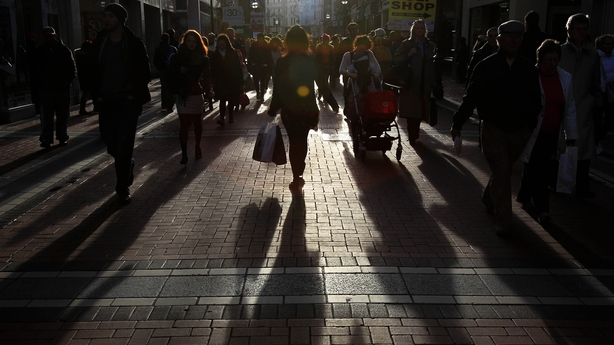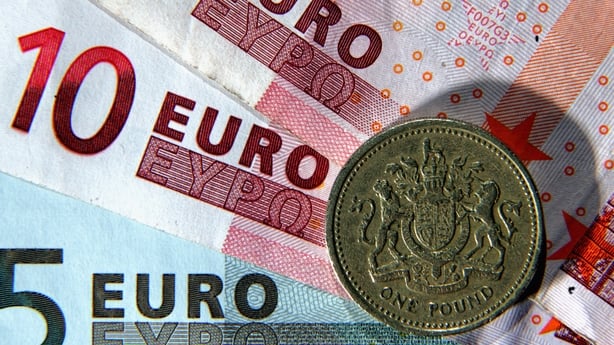What is it?
The pre-Christmas sales phenomenon of Black Friday, which originated in the US, has been slowly sneaking its way into the festive retail calendar here in recent times, with associated sales in Ireland set to top €100m this year.
Irish-based retailers have jumped on the Black Friday bandwagon and it is now a very much an established ritual here.
This year, it takes place on Friday 25 November, however, many retailers begin their associated reduction days – and even weeks – before the actual date.
The sales event started in US and is scheduled for the day after Thanksgiving and is now the traditional beginning to the Christmas shopping season in the US.
The idea behind it is that retailers open early and offer big discounts on a range of items.
The craze was initially started here by the Irish arms of big multinationals and more and more businesses have now jumped at what is another opportunity to secure high consumer footfall.
Black Friday has also effectively replaced 8 December as the traditional busiest shopping day ahead of Christmas in Ireland.

Are the discounts all they are cracked up to be?
The short answer is... yes and no.
The retailers’ strategy is to offer headline discounts on big-ticket items to initially draw people in to shops.
These may be good offers, but then once consumers are in, they are bombarded with what are advertised as significant reductions.
In reality though, many of these items may not actually be as reduced in price as they appear.
For example, In UK the consumer watchdog Which? conducted a study among online retailers in the lead-up to Black Friday last year, including a number of bigger companies (e.g., Amazon, Argos).
It showed that 49% of the Black Friday offers in 2015 were not the cheapest on the day itself and had been cheaper on other days before the sale.
There are also numerous suggestions that reductions from the near 20% drop in the value of sterling post-Brexit will be passed off as special sales promotions during Black Friday, when in fact certain products from the UK should be cheaper in Ireland anyway, given UK-based sellers are earning more by being paid in euro.

What about concerns that smaller businesses may be put under added pressure by Black Friday?
It has been well established that smaller businesses across the country are already suffering as a result of Brexit and the subsequent fall in sterling, which has led to changes in shopping patterns.
The fallout had seen more people crossing the border into Northern Ireland in search of bargains but there has also been a significant rise in the number of people shopping on UK-based websites.
Discounts are expected by consumers for Black Friday, but many smaller companies are not in position to provide them, thereby reducing their competitiveness even further – on top of the negatives from Brexit.
Conclusion: There will likely be some excellent deals available to shrewd consumers, but it is very much a case of caveat emptor – buyer beware!

